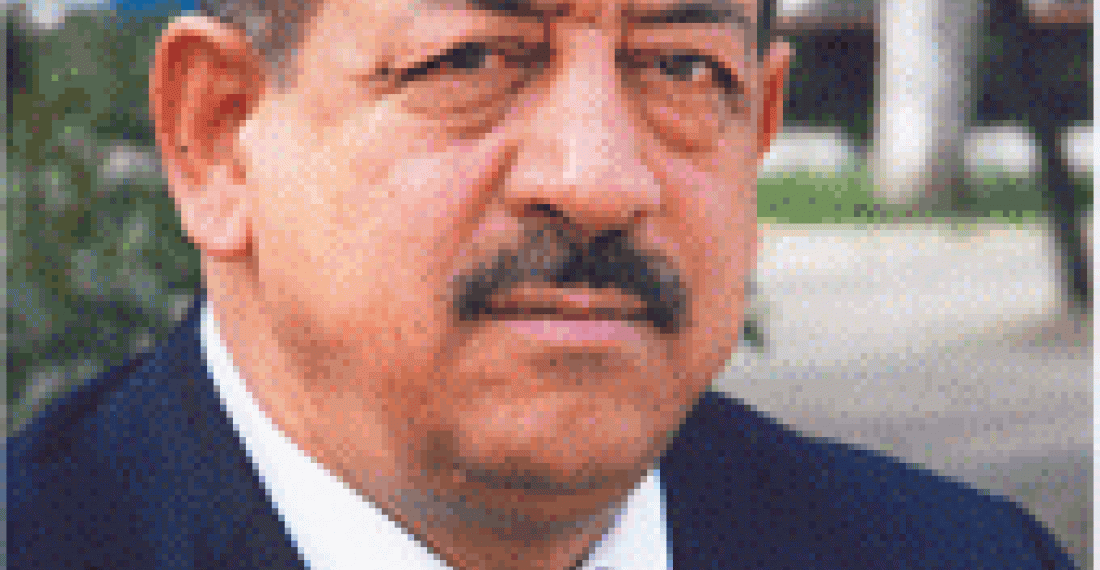In an interview with the website of the ruling New Azerbaijan Party (www.yap.org.az), the Chairman of the Public Association "Azerbaijani Community of Nagorno-Karabakh Region" Bayram Safarov said that preliminary estimates indicate that the number of the Azerbaijani community of Nagorno-Karabakh exceeds 75,000 persons.
Bayram Safarov said that it was difficult to establish the exact figures because all the community has been displaced by the conflict and now live in different regions of Azerbaijan. He cited the example of the displaced people from the Shusha region which he says now live in 220 settlements in 59 different regions of the country. He said however that despite the fact that the work was very complex it was ongoing, and the preliminary estimates indicate that the number exceeds 75,000, including 29000 from Shusha, 13,000 from Khojaly, 11,000 from Khojavand and 15,000 from Khankendi. He added that work was going on to determine the population displaced from the Agdere region.
source: Trend.az and www.yap.org.az with additional reporting from the commonspace staff







